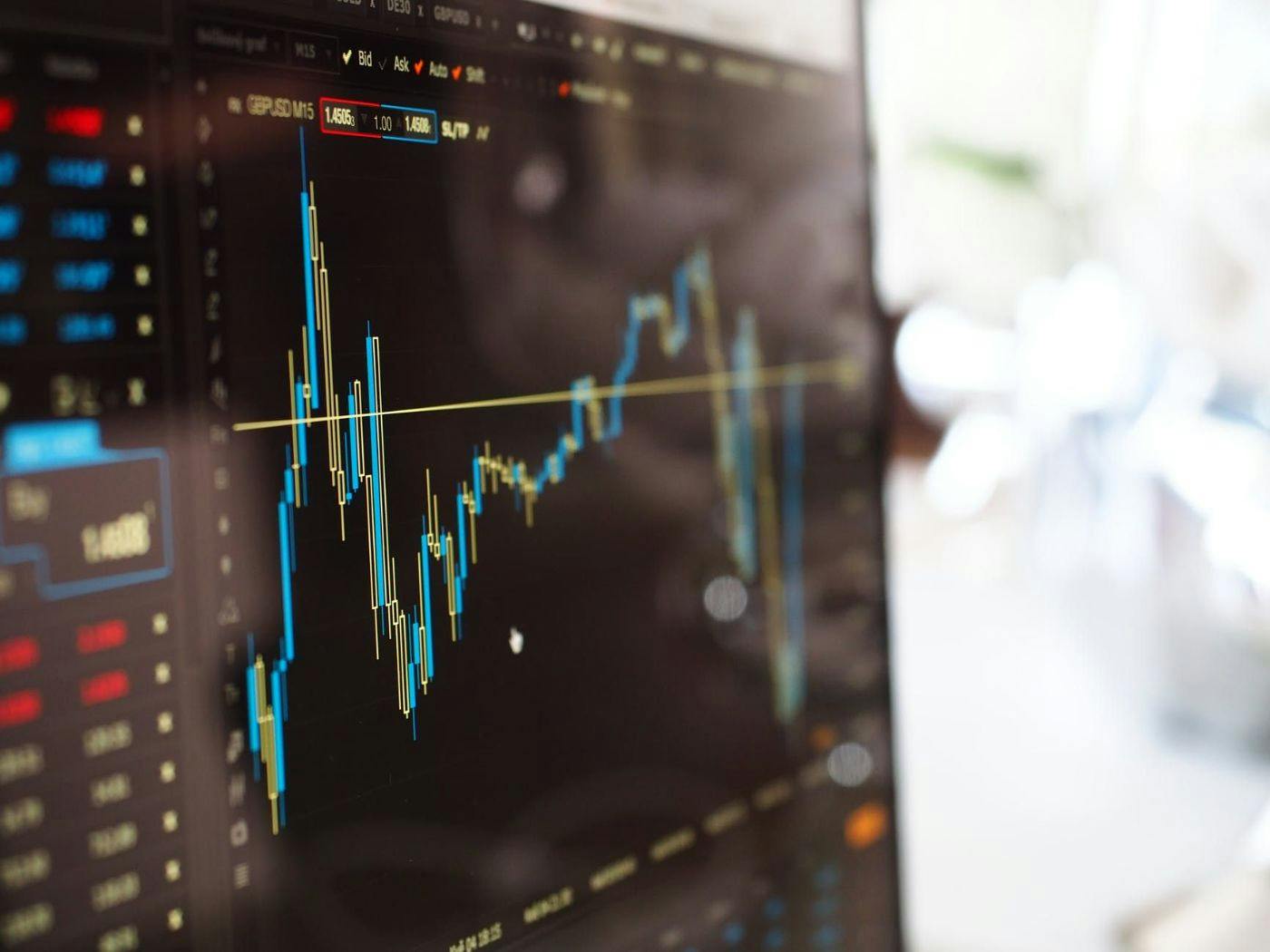206 reads
7 Ways to Become a Better Trader
by
May 31st, 2022
Audio Presented by

Hicks worked closely with clients & help them get more results from inbound marketing and blogging.
About Author
Hicks worked closely with clients & help them get more results from inbound marketing and blogging.
